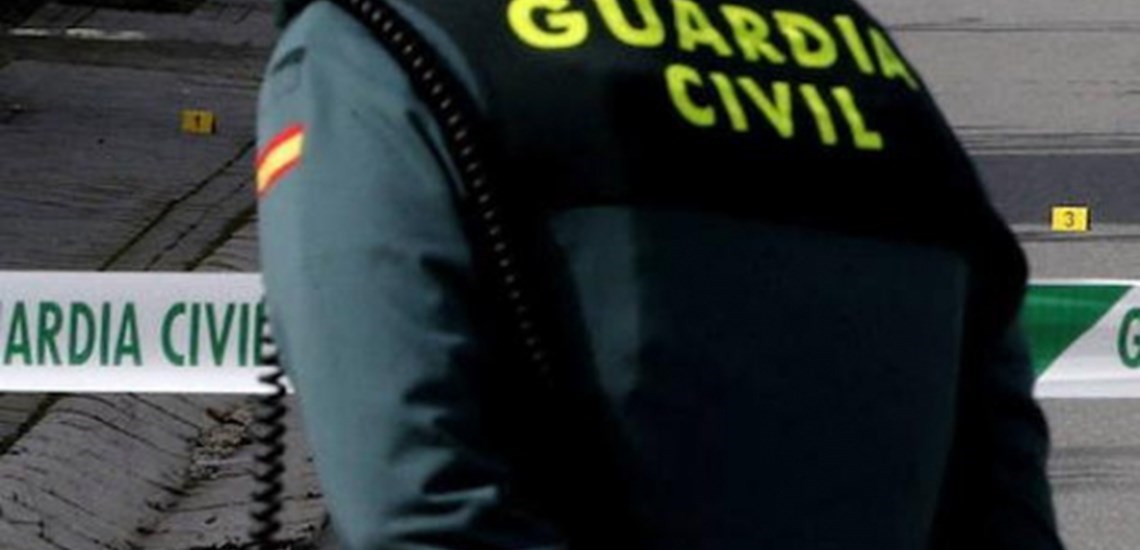The Spanish Guardia Civil, in operation ROTAMM, has arrested a “criminal group” consisting of nine people who, from Spain, illegally operated a used tyre network in 17 countries in Europe, Africa and America. The Guardia Civil Seprona estimate that the band “illegally managed more than 200,000 tyres in the last five years, reporting more than 1.8 million euros of profit.”
Major Operation with Europol and Ameripol Results in Impressive International Discovery
The Guardia Civil said that the operation in Malaga relied on the services of Seprona working with its Europol and Ameripol counterparts, and that, after six months of investigation, “nine people were arrested, while five more were charged with criminal responsibility and 17 inspections were carried out at various facilities. Thanks to the evidence obtained, it has been possible to charge the criminal group with crimes against the environment, documentary falsification, fraud and belonging to a criminal group.”
In addition to illicit profits of close to two million euros, the Guardia Civil stresses that “it would be necessary to add almost 300,000 euros that the Integrated Management Systems of Signus and TNU, in Spain – fail to receive due to the uncontrolled entry of tyres from other countries and the consequent taxes that are not paid. In order to guarantee the recovery of the damages caused and the payment of the amounts determined in the Final Judicial Resolution, we have proceeded to freeze up to 60 properties, between real estate properties and other movable property, for a value of 4,000 .000 euros.”
Both the Guardia Civil and Seprona have outlined that “the network acquired used tyres both in Spain and in other countries of Europe, especially in those where there is a culture of early change. Once in Spain, they should have been selected, assigning the best state to the second-hand market and the rest for elimination. However, of the latter, some did meet that end, but another portion also went to the second-hand market. The problem arose when those that should have gone to controlled elimination or were destined for recycling, were sold to third-world countries with low-income levels for sale as used tyres.




















